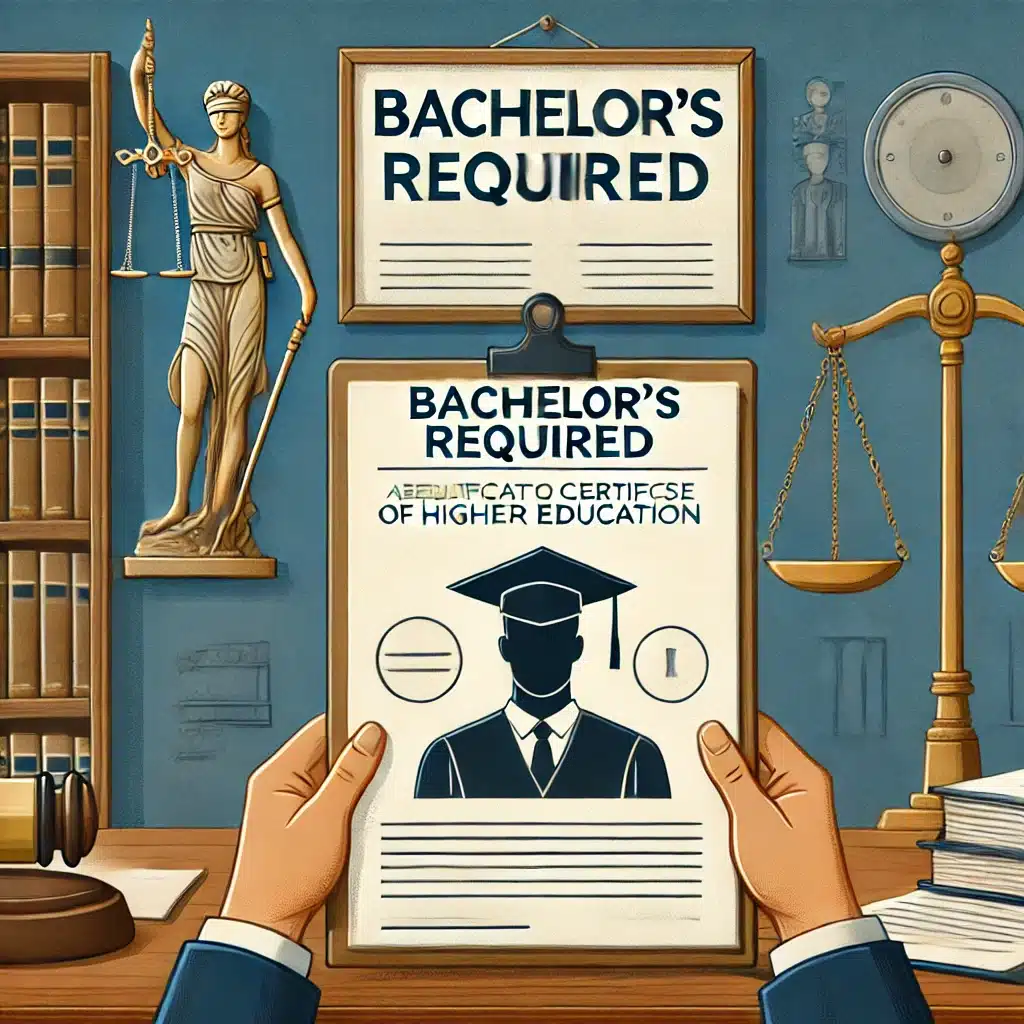The Madhya Pradesh High Court recently ruled that a Master’s degree cannot replace the mandatory Bachelor’s qualification for teaching positions under the 2018 Recruitment Rules. The court emphasized that basic eligibility criteria must be strictly followed to maintain fairness and integrity in the

Automated compliance and legal drafting
In a significant judgment, the Madhya Pradesh High Court recently clarified that possessing a higher academic qualification does not exempt candidates from meeting the mandatory basic eligibility criteria. Justice Anil Verma made this observation while hearing a petition related to a teaching position under the Madhya Pradesh School Education Services (Teaching Cadre) Recruitment Rules, 2018. The court ruled that a candidate must have a Bachelor’s degree in the relevant subject they intend to teach, even if they hold a Master’s degree in the same field.
Background
- Petitioner: Lakshmi Kant Sharma applied for the position of Madhyamik Shikshak (Class-II Teacher) in English, as advertised by the Madhya Pradesh government.
- Qualifications: He possessed a Bachelor’s degree in Political Science, Hindi Literature, and Sanskrit, along with an M.A. in English.
- Application Rejection:His application was rejected for not having an undergraduate degree in English, a requirement under the 2018 Recruitment Rules.
- Legal Action: Sharma filed a writ petition, seeking to be declared eligible and challenging the rejection order.
Arguments
- Petitioner’s Claim:
- Counsel Rakshit Gupta argued that the petitioner’s M.A. in English should make him eligible for the teaching post, despite the absence of English in his undergraduate degree.
- He cited precedents like Intequam Ali v. Government of NCT Delhi and Pooja Devi v. Government of NCT Delhi, where higher qualifications were considered sufficient.
- The petitioner also claimed that other unqualified candidates had been appointed to similar roles, labeling the rejection as unjust.
- Respondent’s Stand:
- The State’s counsel contended that the recruitment rules strictly require a Bachelor’s degree in English for the post of Madhyamik Shikshak.
- The petitioner’s M.A. in English could not replace the undergraduate requirement, and the claim of unqualified appointments was unfounded.
Court’s Reasoning
- Recruitment Rules:
- The 2018 Recruitment Rules specify that a Bachelor’s degree in the relevant subject, along with a B.Ed., is essential for the teaching position.
- The petitioner’s Bachelor’s bachelor’s degree in Political Science political science, Hindi, and Sanskrit did not fulfill the criteria of having for formal training in English at the undergraduate level.
- Lack of Foundational Training:
- The court emphasized that teaching roles require continuous, formal study of the subject.
- An M.A. degree cannot substitute for the foundational undergraduate training, as it is critical for ensuring competence in the subject.
- Fairness in Recruitment:
- Justice Verma noted that strict adherence to the prescribed qualifications ensures consistency in the recruitment process.
- Allowing exceptions would undermine merit-based selection and compromise the integrity of the process.
- Unsubstantiated Claims:
- The petitioner’s argument about other unqualified appointments was rejected after the court confirmed that those candidates met the required criteria.
- The court concluded that deviation from the rules could set a dangerous precedent for future recruitments.
Final Verdict
- The court dismissed the petition, ruling that Sharma’s qualifications were inadequate for the position.
- It upheld that a Master’s degree cannot replace the basic eligibility requirement of a Bachelor’s degree in the subject.
Click to read: Lakshmi Kant Sharma v. The State of Madhya Pradesh, W.P. No. 30467 of 2024





